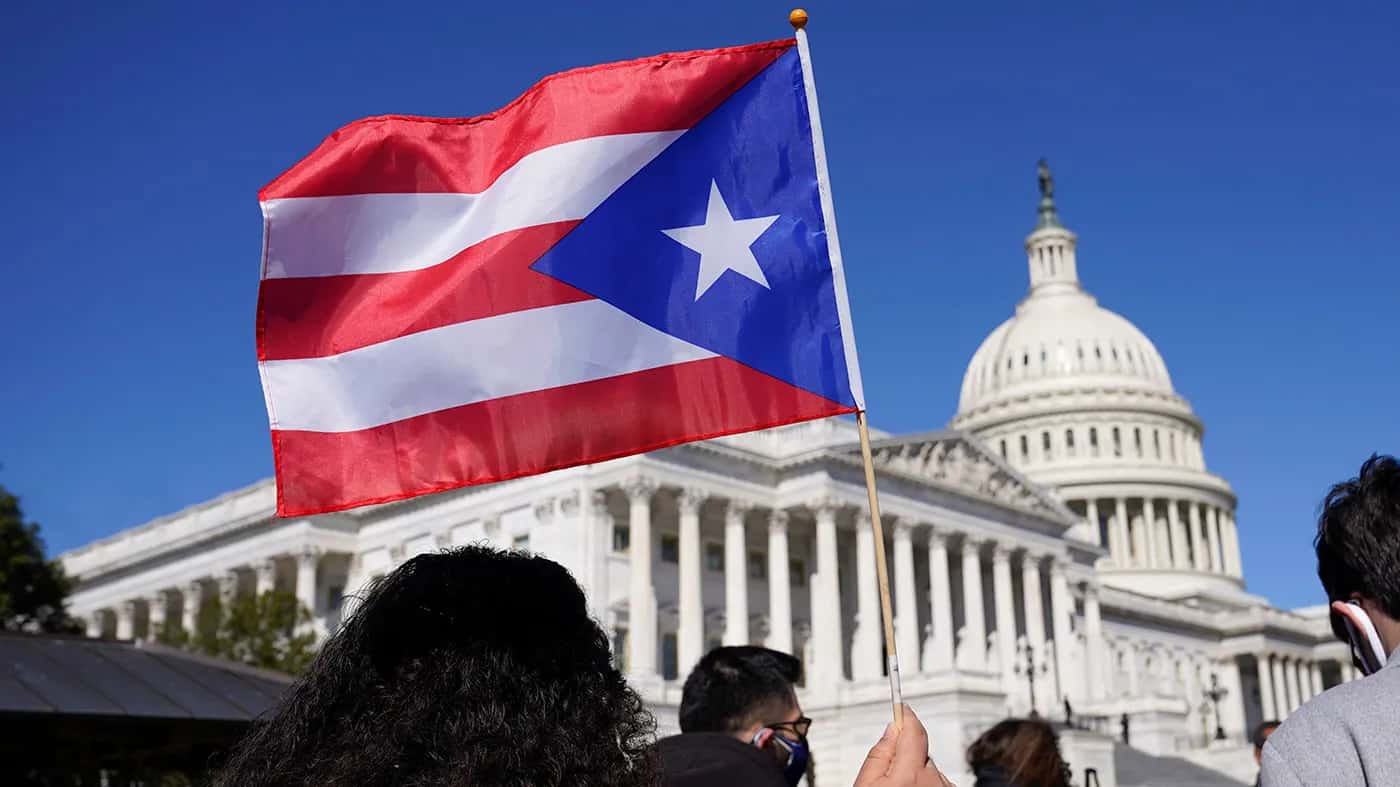
Against a backdrop of rapidly shifting political dynamics, advocates for changing Puerto Rico's territorial status are turning their attention to the Senate to salvage a compromise bill that aims to hold a plebiscite on the issue. Senator Martin Heinrich (D-N.M.) introduced the Puerto Rico Status Act in the Senate, joined by 21 Democratic co-sponsors. The legislation, which passed the House in the last Congress, provides Puerto Ricans with the option to choose between statehood, independence, or independence with free association with the United States.
The bill represents a historic compromise that brought together opposing factions on the status issue. While it gained traction in the House, the Senate's crowded agenda, including pressing issues like the 2024 presidential election, threatens to sideline the proposal for a plebiscite.
Senator Heinrich emphasized the significance of addressing Puerto Rico's political status, stating that Americans on the island deserve a long-overdue, permanent, and democratic resolution. The bill's proponents argue that Puerto Rico's existing territorial status has continually failed to meet the needs of its population.
Puerto Rico became a U.S. territory in 1898, and its residents were granted U.S. citizenship in 1917. The island's path to statehood has been complex, marked by acrimonious debates between proponents of statehood and supporters of the existing territorial arrangement. Recent events, including the loss of fiscal autonomy in 2016 and Hurricane Maria in 2017, have underscored the deficiencies of the current governance structure.
Despite the urgency to change Puerto Rico's status, the issue faces competition for attention amid international conflicts, a potential federal government shutdown, and the upcoming 2024 election cycle. The bill's sponsors acknowledge the challenges but are wary of losing the momentum generated by the compromise framework.
The introduction of the bill in the Senate builds on the success of its passage in the House during the previous congressional term. Proponents are now seeking a hearing in the Energy and Natural Resources Committee as a crucial step in advancing the legislation through the legislative process.
While acknowledging the long odds, the bill's sponsors emphasize the need to inform other members of Congress about the legislation and garner support. The bill's success in the House was a result of a deal struck between representatives Nydia Velázquez (D-N.Y.) and Jenniffer González-Colón (R-P.R.), fostering collaboration among supporters of statehood, independence, and free association.
While the bill technically places the three status options on equal footing for an island-wide vote, supporters of statehood are more actively promoting it. However, challenges remain, both on the island and within the U.S., with some expressing distrust in the fairness of the plebiscite, and opposition to statehood.
Senate Energy and Natural Resources Committee Chair Joe Manchin (D-W.Va.) has voiced a desire for a plebiscite in the United States on Puerto Rico's status before considering any bill that could commit Congress to accepting the island into the union. This stance has sparked disagreement among advocates, with Puerto Rico Governor Pedro Pierluisi dismissing the need for a plebiscite in the U.S., emphasizing that Puerto Rico's constitution requires a majority vote in Congress for statehood to happen.
